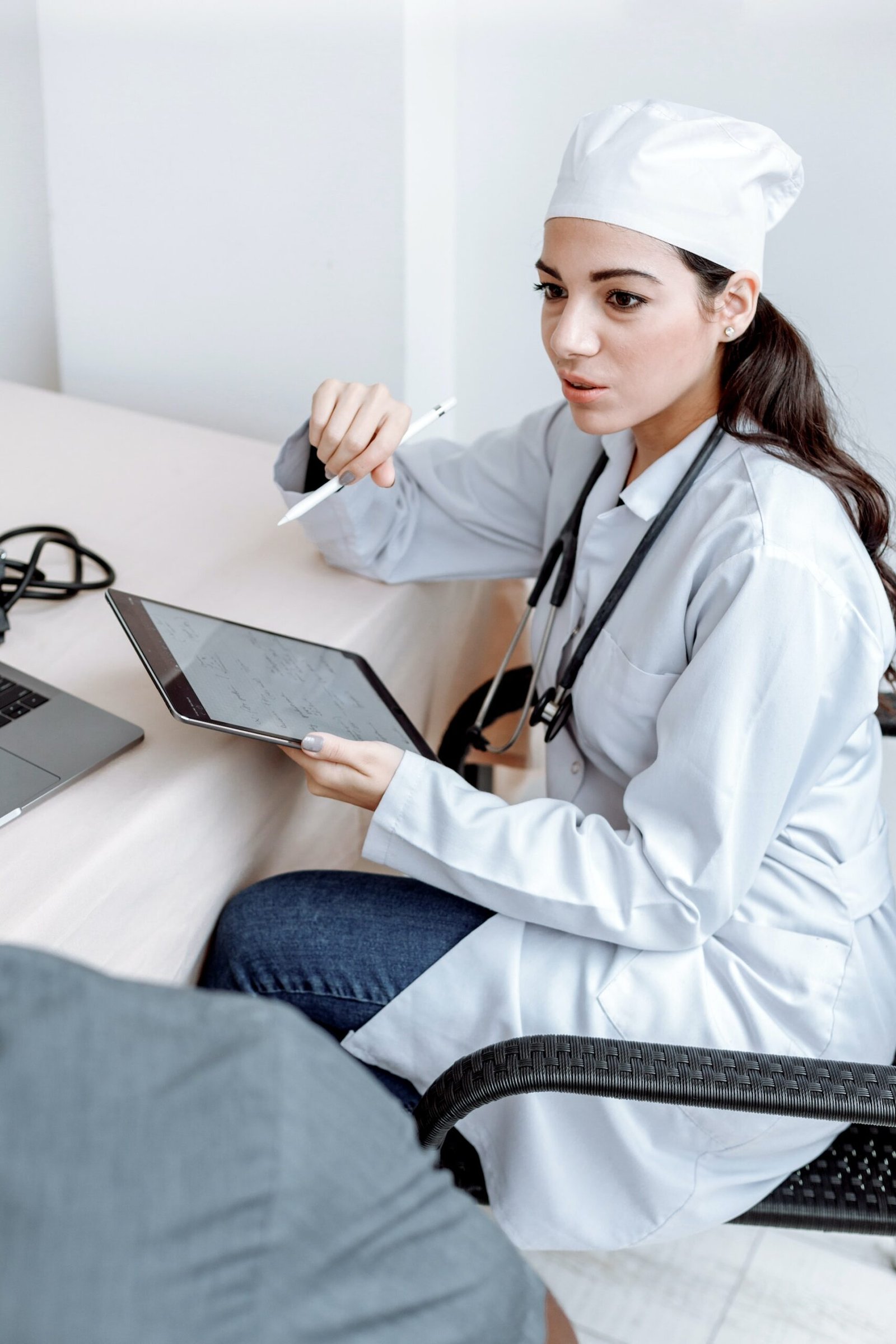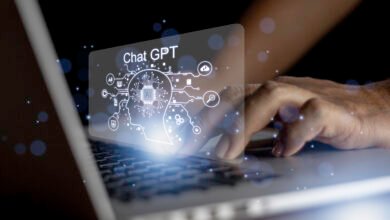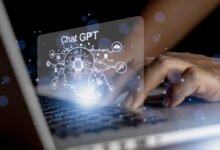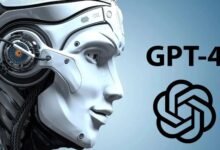ChatGPT and its use in medical diagnosis and treatment

ChatGPT, an AI-powered language model developed by OpenAI, has shown tremendous potential in various fields, including medicine. In healthcare, ChatGPT can be used to support medical professionals in diagnosis and treatment by analyzing patient data and providing insights. We will explore ChatGPT’s use in medical diagnosis and treatment, its benefits and limitations, and the potential impact it could have on healthcare.
What is ChatGPT?
ChatGPT is a language model that uses deep learning techniques to generate natural language. It is trained on large datasets of text, allowing it to understand the structure and patterns of language. ChatGPT can be used for a variety of tasks, including answering questions, summarizing text, and generating text.
ChatGPT in Medical Diagnosis and Treatment
In medicine, ChatGPT can be used to analyze patient data, including symptoms, medical history, and test results, to provide insights and support medical professionals in diagnosis and treatment. ChatGPT can also be used to recommend treatment options and suggest further testing, based on the patient’s symptoms and medical history.
One of the key benefits of using ChatGPT in medical diagnosis and treatment is its ability to analyze vast amounts of data quickly and accurately. This can help medical professionals make more informed decisions about patient care, leading to better health outcomes.
Benefits and Limitations
The benefits of using ChatGPT in medical diagnosis and treatment are significant. It can provide medical professionals with valuable insights and support in making informed decisions about patient care. ChatGPT can also help reduce the time and resources required for diagnosis and treatment, improving efficiency and productivity in healthcare.
However, there are also limitations to ChatGPT’s use in medical diagnosis and treatment. One of the main limitations is the potential for bias in the training data. ChatGPT is trained on large datasets of existing text, which may contain biases or inaccuracies that can impact its ability to accurately analyze patient data. It is important to continually monitor and adjust the training data to reduce bias and ensure that ChatGPT provides accurate insights and recommendations.
Another limitation of ChatGPT’s use in medicine is the importance of human oversight. While ChatGPT can provide valuable insights and support, it is not a substitute for medical professionals. Human oversight is critical in ensuring that ChatGPT’s recommendations are appropriate and in line with best practices in medicine.
Impact on Healthcare
The potential impact of ChatGPT’s use in medical diagnosis and treatment is significant. It can help improve the efficiency and productivity of healthcare, leading to better health outcomes for patients. ChatGPT’s ability to analyze vast amounts of data quickly and accurately can also help medical professionals identify patterns and trends in patient data that may not be immediately apparent, leading to earlier diagnosis and treatment.
In conclusion, ChatGPT’s use in medical diagnosis and treatment has the potential to transform healthcare. It can provide medical professionals with valuable insights and support, leading to better health outcomes for patients. However, it is important to recognize the limitations of this technology, including the potential for bias in the training data and the importance of human oversight. As AI technology continues to evolve, we can expect to see further improvements in ChatGPT’s ability to support medical professionals in diagnosis and treatment.






